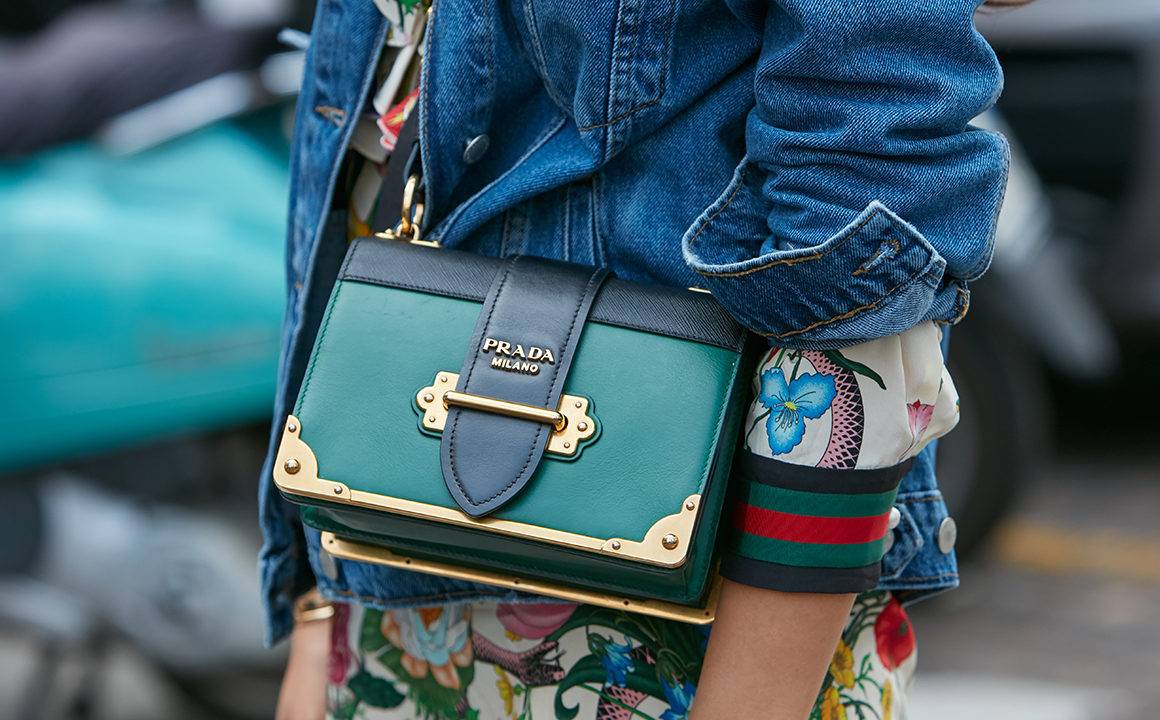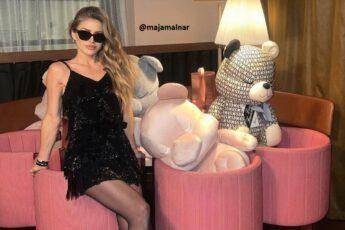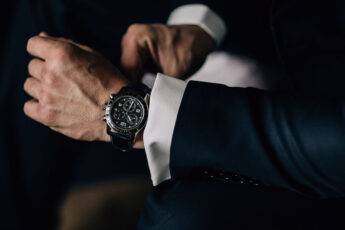How Have The Most Popular Fashion Brands Become So Successful?

Fashion brands are constantly founded and closed again in the blink of an eye – and the truly iconic, timeless success stories are few and far between. So, what does it take to go through the eye of the needle and create a brand identity that’ll be relevant for decades to come? Come along as we examine the most popular fashion brands to see what’s made them so beloved.
A Rich History
Establishing a top brand takes decades of hard work. Saint Laurent, for instance, introduced luxury ready-to-wear as the first couture house in the 1960’s. Dior pioneered his “New Look” with cinched waists and billowing skirts to mark the end of World War II – setting the standard for evening wear for many decades to come. Gucci and Prada started out as producers of Italian luxury leather goods early in the 20th century – which is still detectable in their identities, as both continue to provide quality bags, shoes, etc. In the 1850’s, more people started traveling the world – which trunk maker Louis Vuitton saw as an opportunity, turning travel bags into fashion statements instead of merely simple baggage containers.
Of course, a long history alone does not a top brand make. But if a brand manages to not only set out with a strong product and identity, but also to keep growing and reinventing themselves over the years – their signature look is more likely to earn a place in the hearts of fashion lovers.
An Iconic Brand Identity
Most popular fashion brands have strong identities with recognizable names and designs. The bare mention of a truly successful brand’s name will immediately make you think of quality and prestige. Louis Vuitton, for instance, made their name the centerpiece of their signature patterns, associating their initials with luxury and timeless style. Nike also understood the assignment, choosing the evocative, short Greek name of the goddess of victory – perfectly matching their motivational branding, simple, bright athletic wear and possibly the most recognizable logo on the planet.
Nailing your brand identity from the get-go gives you an enormous head start. Coming out with a memorable, evocative name and visual identity increases the chances of consumers remembering you and wanting to own your products. If you need fresh ideas, a clothing brand name generator can provide you with new inspiration – but in the end, whatever you pick has to feel authentic to your brand.
Classic Quality Goods
Of course, a rich history and strong identity means nothing if the products aren’t top notch. This is why only brands that manage to hit the bulls-eye with quality designs, creating eternal classics, stand the test of time to become lasting luxury brands.
A popular example of this is, of course, Chanel’s bags: Models like their classic flap bag practically last forever, never really go out of style – despite some models being designed all the way back in 1955 – and resell for a fortune. The same goes for Gucci’s Dionysus bag, Burberry’s trench coats and many other design classics.
Changing With The Times
Lastly, timeless design doesn’t mean stagnant. In fact, brands can quickly lose their top spot by not reinventing themselves. In order to not die with the generation they first appealed to, brands must change with the times while still maintaining the core of their identity.
For the most popular brands today, it’s all about creating new versions of their signature looks to appeal to audiences of all ages. Versace and Fendi were all over the Internet with their bold Fendace collaboration, and Balenciaga recently launched both a much-discussed Crocs collection and collaborations with Kanye West and Fortnite. On a less dramatic scale, Gucci made the transition to more casual designs, e.g. by printing their logo on T-shirts and embroidering sneakers.
Changes in technology have also been incorporated in brand marketing, e.g. with Dior launching an AR Snapchat lens for customers to “try on” sneakers with – and Balenciaga creating their own podcast for Spotify. Sustainability, diversity, animal welfare and fair trade are now also all factors that brands have to consider to appeal to the next generation – and thus stay relevant in the long run.
Share via:




Leave a Comment